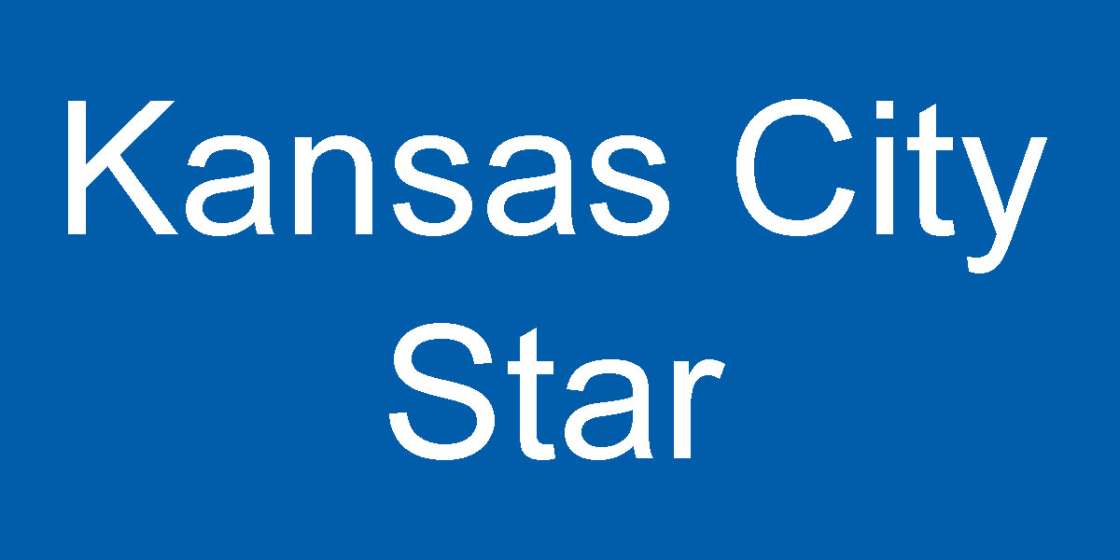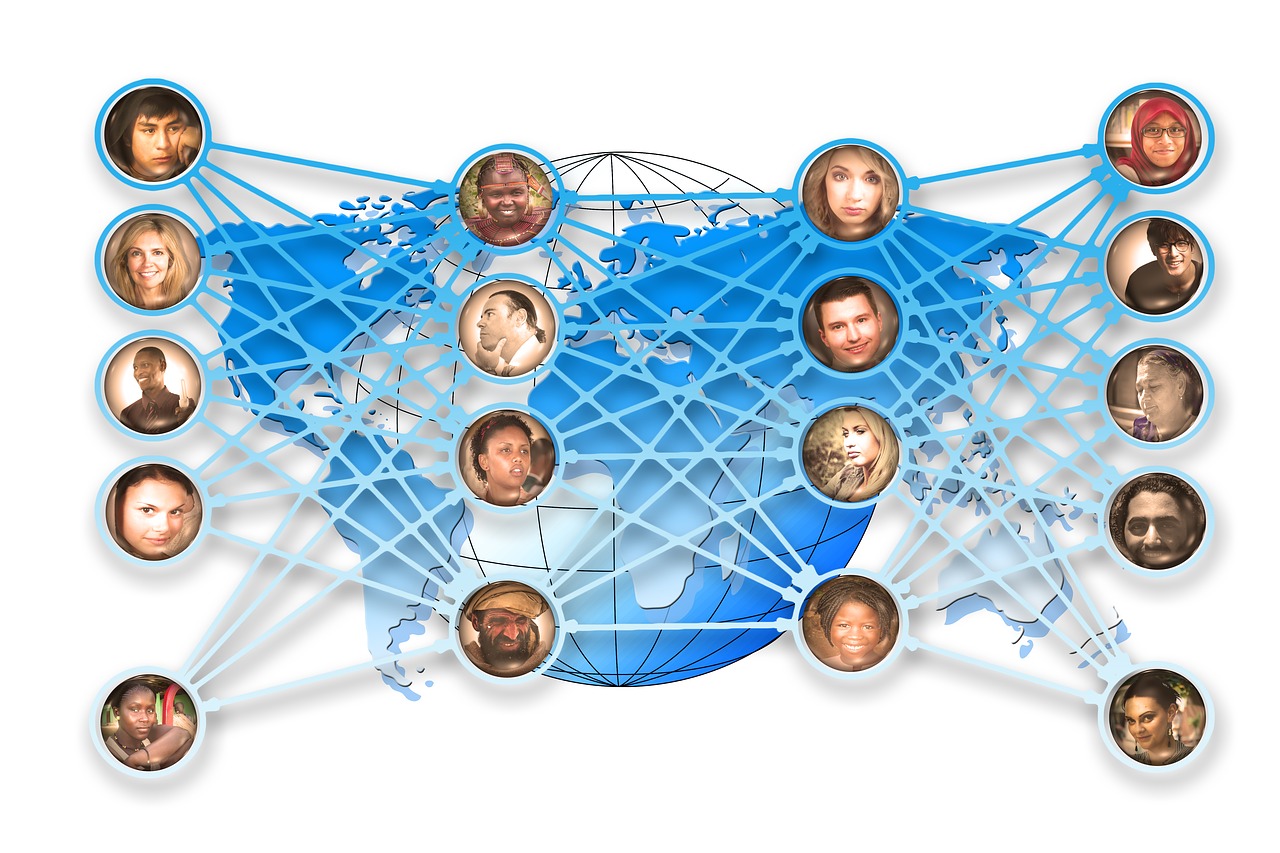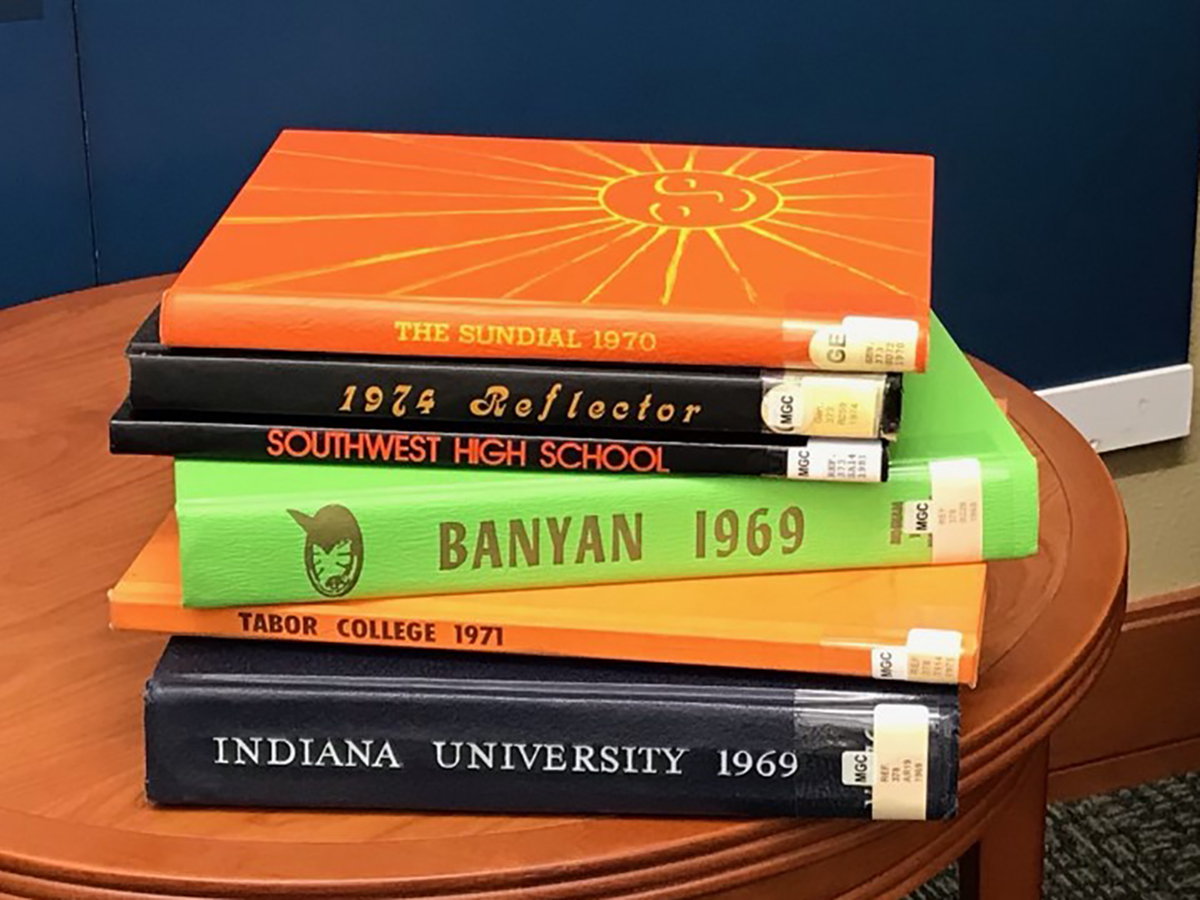
June 4, 2021
Over the centuries, these words were heard numerous times as German families departed to America and said goodbye to their loved ones: “Nach Amerika!” The travel books in Frankfurt, Germany, an important book fair place, began spreading the word around 500 years ago.
William Penn visited Germany in the 1670s to “werben” (recruit) settlers for his granted land overseas. This contributed to a decision by many to make the voyage to America. The migration of Germans happened roughly in three waves, primarily for economic reasons.
The first wave from southwest Germany to Pennsylvania (1683–1820) occurred for economic and religious reasons. The peasants did not own land but leased it and supported nobility who controlled their lives. In the towns, the number of skilled tradesmen was limited by guilds. Families traveled up the Rhine River to Rotterdam in Holland, which could take up to six weeks, stopping at many customs on the way. On the other side of the Atlantic, they settled in Pennsylvania (known collectively as Pennsylvania Dutch—the word “German” translates as “Deutsch”), New York, the Carolinas, Virginia, and Maryland. The religious groups started coming as well, including the Mennonites, Schwenkfelders, and Dunkers.
The second wave (1820–1871) marked the mass movement headed to Wisconsin, Ohio, Indiana, and Missouri; among the reasons for emigration were avoidance of military service and economic hardship. The industrial and political revolution in Europe played a role in motivating the search for new opportunities overseas, along with the lack of land in Europe.
As the cotton trade developed between the ports of New Orleans and La Havre, France, and the ships returned empty to New Orleans, a brilliant idea was born—use the return ships to transport emigrants from Europe. The demand was there. After arriving in New Orleans, many travelers moved up the Mississippi River to St. Louis. With the tobacco trade, migration started to flourish between Bremerhaven, Germany, to Baltimore (from 1830). Many Germans used this route for “auswanderung nach Amerika” (emigration to America). Then the Hamburg port seized the opportunity and became the largest embarkation port (Hamburg to New York from the 1840s).
Ship, railroad, and travel agents, along with agents from American companies, travelled across Europe to lure and convince people to embark on this long arduous journey across the ocean. Many of the individuals who undertook the journey were persons who had never travelled more than a few miles from their homes.
The third wave (1871–1914) headed to large cities in New York, Minnesota, and Illinois. Between 1820 and 1915, six million Germans came to America, mostly as families. In general, the Eastern and Central regions were settled by Germans from German states. The West was settled by German farmers from Eastern Europe and Russia, who first emigrated East, and later “nach America.”
Search the Library’s online catalog with the key phrases “German emigration” or “German first wave” for books like Goodbye Forever by Astrid Rothe, which is about emigration from the Grand Duchy of Saxe-Weimar-Eisenach.
Which wave was your German ancestor part of?
Iveta B.
Midwest Genealogy Center
Read Similar Blogs:
Genealogy







